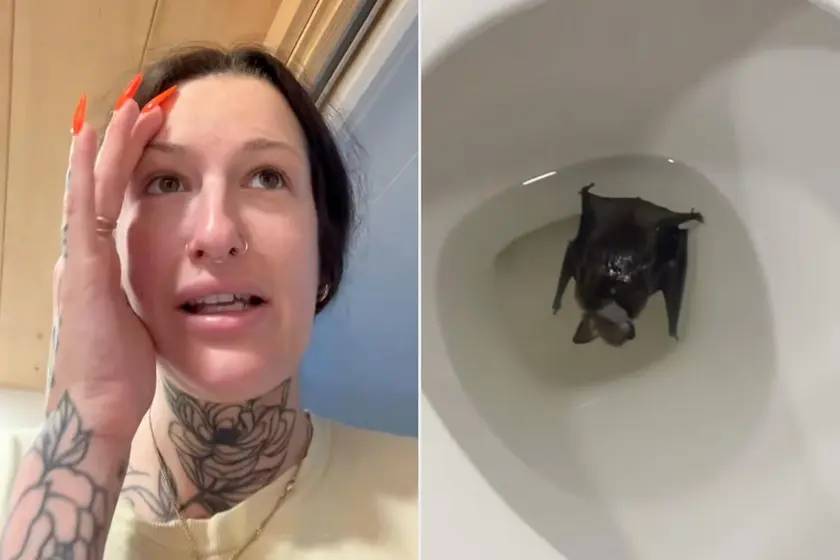T4K3.news
Kitten bite highlights travel rabies care gaps
A family faces a race to secure postexposure rabies treatment after a kitten bite abroad and returns to a strained health system at home.

A mother recounts a race to secure post-exposure rabies treatment after a kitten bite in Morocco and the strain on home health services.
Kitten Bite Exposes Gaps in Travel Rabies Care
In a Moroccan hotel neighborhood, a stray kitten scratched a 16-year-old traveler, triggering fears about rabies after a recent death linked to a Moroccan puppy. The family wrestled with whether to trust the wound and the clock, chasing guidance and vaccines within a narrow window that could be fatal if missed. They endured long waits at Agadir airport, confusion over what to do next, and a string of calls that finally connected them to the UK Health Security Agency and a vaccine courier, enabling urgent care on return.
Back in Britain, the experience underscored realworld gaps in postexposure treatment: vaccine stock, crossborder coordination, and the obstacles people face when trying to access care quickly. The UKHSA has reported higher call volumes since a high-profile rabies death, even as it says stocks remain sufficient. The piece also weighs the cost and practicality of preexposure vaccination for travelers and the value of clear routes through health systems when time is critical.
Key Takeaways
"Resist those adorable kitten eyes."
The narrator’s refrain against letting sentiment override risk.
"The best our GP receptionist could offer was a quick examination and a tetanus shot."
Shows the gap between urgent care needs and available treatment.
"Amber zone changes everything."
Describes how risk assessment determines the care path.
"This may be worth it for young children who are even worse at ignoring strays."
Personal view on preexposure vaccination suitability.
This account exposes how a routine vacation moment can test the resilience of health systems. It shows that timing and access matter as much as the science of vaccines, and it highlights how policy tools like risk classifications influence urgent decisions. It also raises questions about equity: families without easy access to private clinics or quick GP help may face higher risks or longer delays.
Beyond individual stories, the piece hints at broader policy choices: how to stockpile rabies vaccines, how to streamline crossborder care for travelers, and how to communicate effectively about risk without prompting needless fear. It invites policymakers to consider simpler, faster paths to postexposure care and to recalibrate advice for families planning trips to high-risk regions.
Highlights
- Resist those adorable kitten eyes.
- Computer says no
- Amber zone changes everything
- This may be worth it for young children who are even worse at ignoring strays.
Rabies care exposed gaps in vaccine access and public health capacity
The narrative highlights how stock shortages, crossborder logistics, and bureaucratic hurdles can delay postexposure treatment, affecting travellers and home health systems. It also touches on funding and policy questions about preexposure vaccines and urgent care routes.
Policy improvements and better navigation tools for travelers could turn a tense moment into a routine precaution.
Enjoyed this? Let your friends know!
Related News
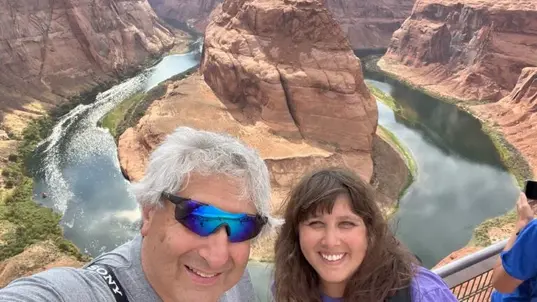
Bite turns into medical debt
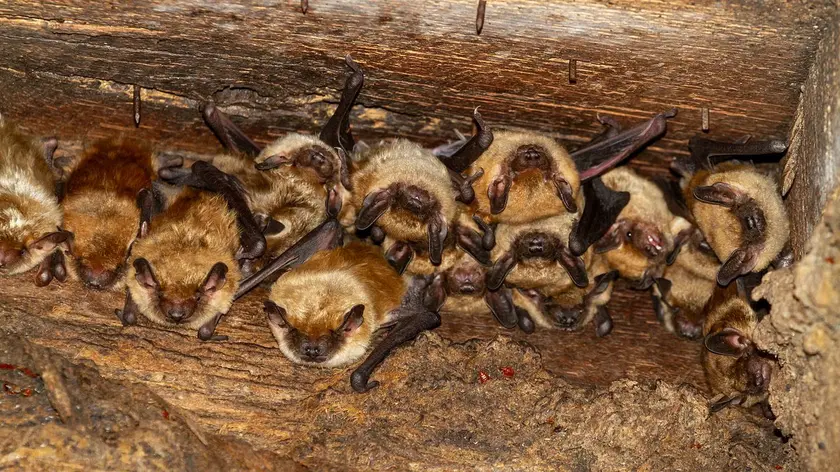
Rabies exposure investigation at Grand Teton lodge

Travel warning for Turkey issued by Foreign Office
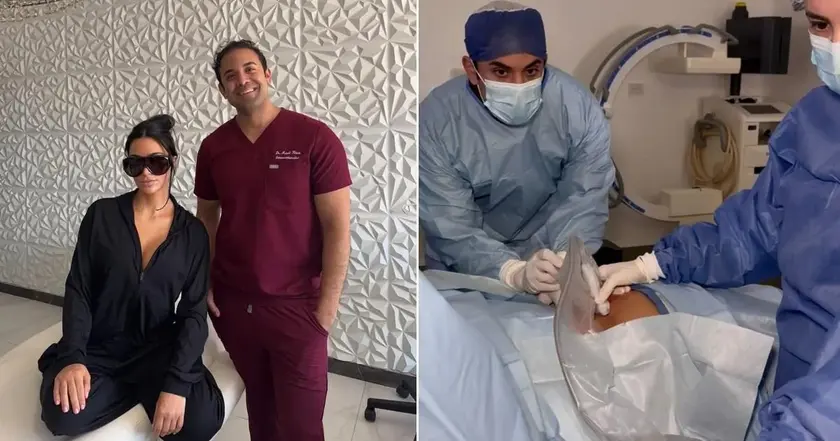
Celebrity spotlight on stem cell therapy

Bats Discovered in Tulum Cenote
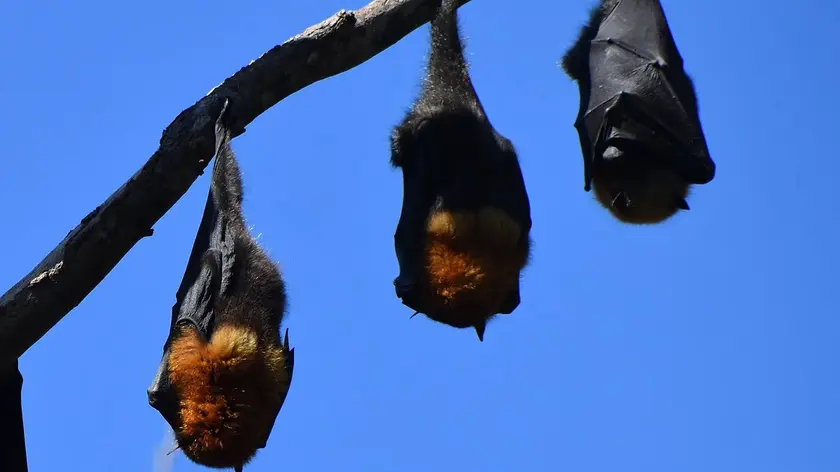
Rabies risk prompts nationwide warnings

Neurologist shares severe risks of cat scratches
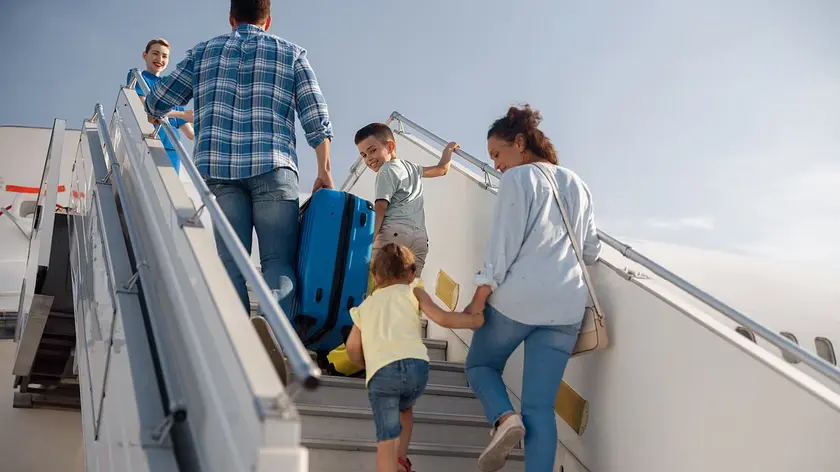
Vaccination checks urged before travel
